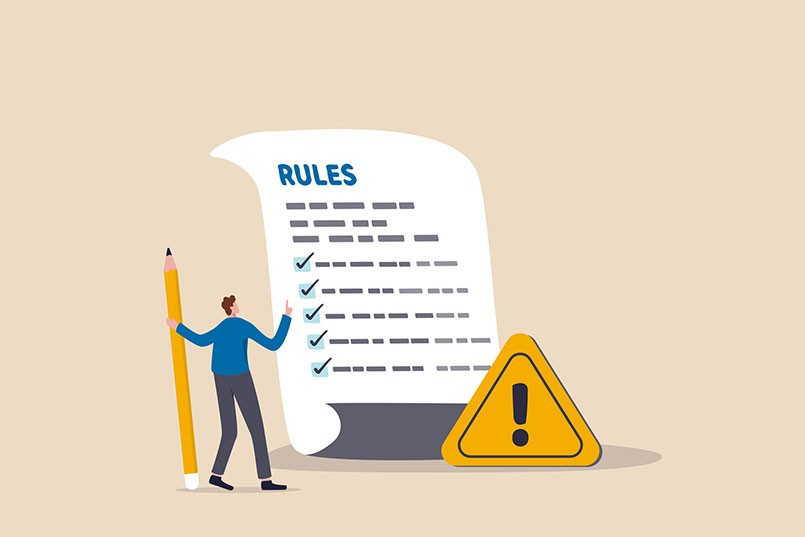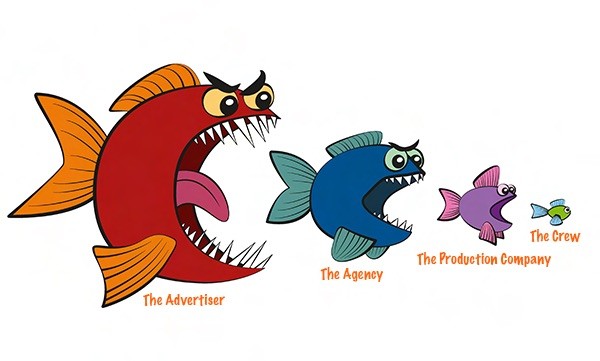In the MEAA Award for voiceover talent there remains what appears to be an old-fashioned anomaly in regard to talent fees.
The Commercial Voiceover Award details the minimum agreed fees for voiceover performances on television, cinema and radio, and includes loadings of double the total fee for the following:
1. Political advertising
2. Alcohol advertising
Why are these two categories of advertising singled out to require the same level of fee loading as if the performance was used in the UK or the USA?
To download the MEAA Award click here.
What do alcohol and politics have in common?
Apart from a colourful recent history which includes several references to industrial relations policies being drafted under the influence of a bottle of scotch, there appears to be very little.
Political advertising under the Australian Broadcasting Act requires that the advertiser provide the names of all parties speaking in the commercial, thereby identifying them to the general public.
Now political advertising does not just mean ‘party political’. The Australian Broadcasting Act is interpreted by most people as being any government advertising, including anti-drugs, breast screening and other public health issue campaigns, for which actors are demanding and receiving double the rate for what could be justified as a public service announcement.
In the case of alcohol advertising, there is no such requirement, so the loading for this appears baffling.
Compensation for the actor?
In a conversation with the Media, Entertainment & Arts Alliance (MEAA) on the political loading, it was explained to me that the loading is to compensate the actor for potentially being identified in a commercial for a political organisation that the actor does not personally endorse. The actor’s name appearing at the end of the commercial could, according to MEAA, appear as an endorsement.
Of course the actor could choose not to appear in the advertisement if they conscientiously object, but this is seen by MEAA as depriving their members from earning an income. Instead, MEAA continues to negotiate charging double the $360 fee for a national 12-month radio ad as a way of compensating their members for appearing against their political conscience.
Where will it end?
What if an actor objects to fur products? Will they soon be demanding double the fee to appear in the latest fur ad? Or perhaps if they object to fast food advertising, will they accept double the fee to appear?
Or is the loading applicable only because they are identified by name in the final frame of the political advertising campaign? Are actors happy to appear in other advertisements for messages and issues that they fundamentally disagree with because they are not identified?
A solution to this load of rubbish?
Clearly actors have a basic right to choose what work they want to do and what work they do not want to do. Rather than mandating a loading for some advertising categories and not others, perhaps all loading should be dropped and individual actors and their agencies can negotiate on a job-by-job basis.
After all, as the MEAA Commercial Voiceover Award states, there is a minimum payment secured for an actor appearing in any commercial already. If this is the case, why are there mandatory loadings?
To find out more, click here to access the first issue of Compliance Review, a new monthly publication for anyone who employs performers in the advertising, marketing and entertainment industries.
Go to: https://talentpay.automaton.com.au/cgi-bin/WebObjects/TalentPay.woa/wa/currentIssue
and click on ‘Download this issue’ at the bottom of the table of contents.




